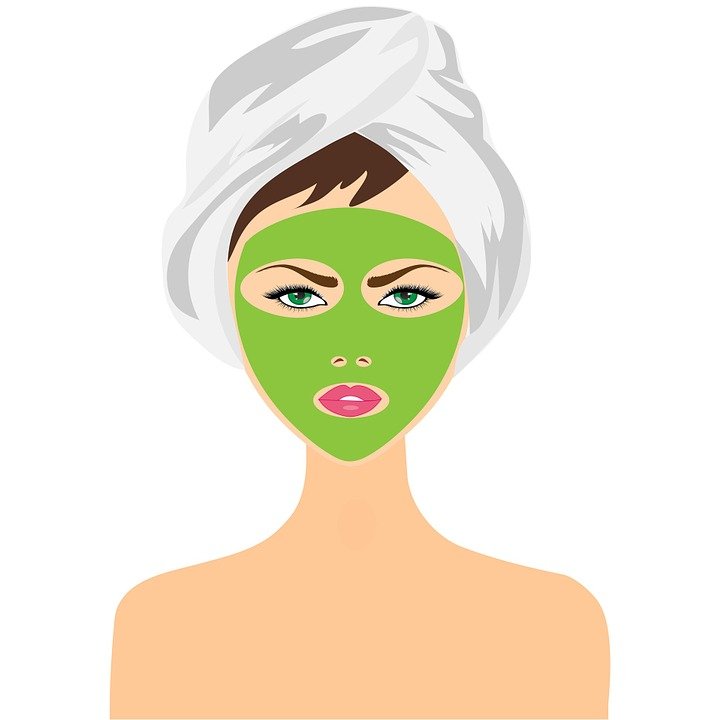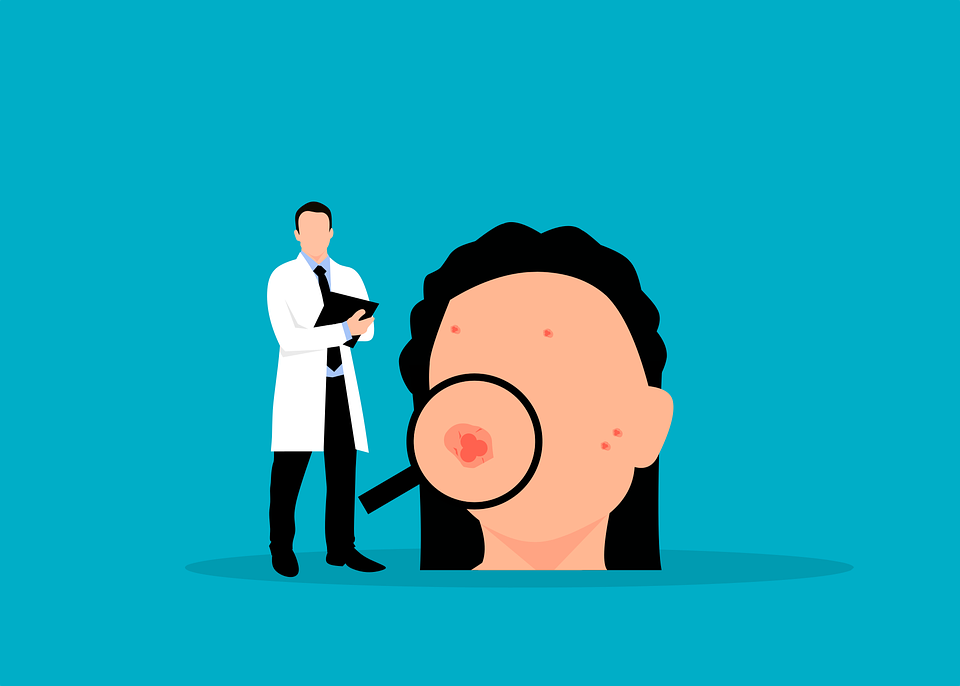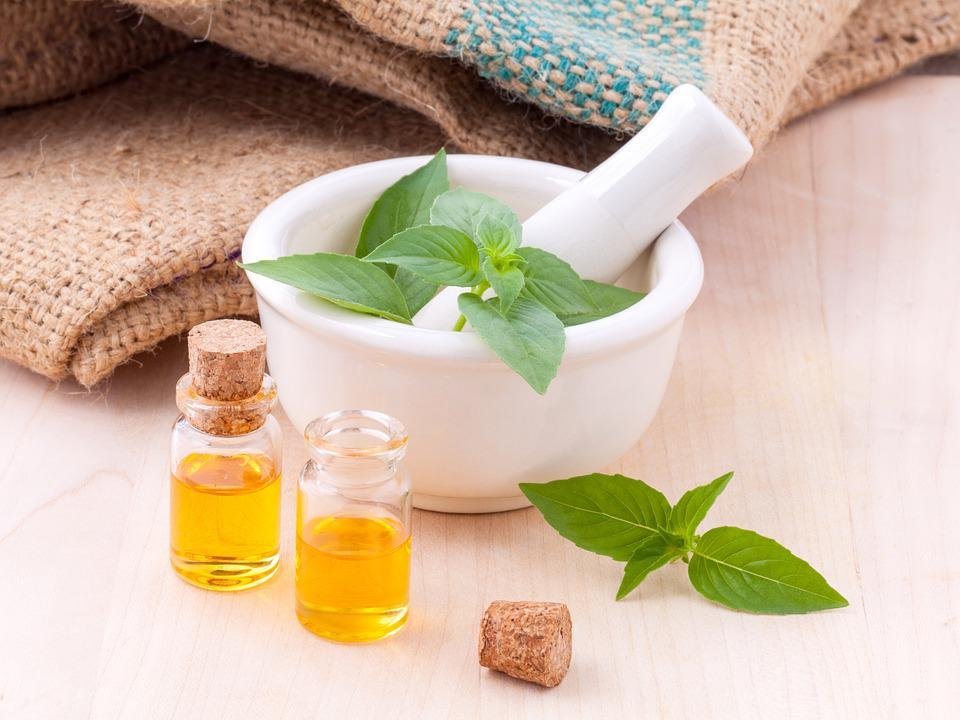Choosing the right skin care products can be difficult with so many options available in the market. Skin care is more than just a cosmetic treatment. It is a combination of what you drink and what you put on your body.
The appearance of the skin can be influenced by many internal and external lifestyle factors. For example, cold can cause eczema, while heat can cause acne. Unhealthy sunlight can cause skin pigmentation and premature aging.
Tips for healthy skin
There are several ways to take care of the larger parts of your body, but the best ones are:
1. Rub
About once a month, your skin will be exfoliated and transformed into new skin. Exfoliation removes layers of dead skin cells. Use cleanser, warm water, toothpaste, towels, face brushes and other skin supplements to massage your skin in circular motions for 1-2 minutes. Finally, use a cool cloth to clean and dry the leather. Normal or sensitive skin can be treated with this product 2-3 times a week. Use a towel to dry your skin instead of drying yourself. This will improve the elasticity of the skin.
2. Moisten
Depending on your skin type, it is important to choose the right moisturizer for your skin. When buying a moisturizer, consider your skin type and make sure it matches the label. Your doctor or this website can help you determine your skin type.
- Normal skin with irritability
- Very oily skin
- Sensitive skin
- Old leather
3. Use sunscreen
Sunscreen isn’t just for beach vacationers. This should be done throughout the year. UV rays can damage the skin if not protected with sunscreen. Wearing it every year can reduce the risk of skin cancer and premature aging. Sometimes you can use a moisturizer that protects your sunscreen.
4. Remove any makeup
Just as important as brushing your teeth and washing your face. Leaving makeup on overnight can cause serious skin problems. Using these products can clog pores and cause acne and blackheads. Wash your face thoroughly with a cotton swab and then use a cleanser to remove all traces. Drinking a lot is good for the skin. Dry skin can indicate a lack of moisture in the face. Drinking plenty of water can help tighten pores and prevent wrinkles.
5. Green tea
It reduces swelling, increases elasticity and protects against sun damage. Another benefit of green tea’s anti-inflammatory properties is DNA repair.
6. Eat Healthy
Vitamins can be absorbed through the skin only by eating plenty of fruits and vegetables. Eat foods rich in vitamin A, such as melons and sweet potatoes, to keep your skin fresh and healthy. Berries, tomatoes, apricots, beets, pumpkin, spinach, tangerines and peppers are good for your skin.
Omega-3 fatty acids found in fatty fish like salmon, mackerel and herring reduce inflammation and keep skin smooth. Fish oil has also been shown to be effective in treating lupus and psoriasis. Nuts are also a good source of fatty acids. It supplies the skin with useful nutrients, supports wound healing and prevents infections.
7. Reduce your milk consumption
Hormones that causes acne can be present in breast milk. If you suffer from acne and drink milk frequently, it is recommended that you stop eating dairy products for at least a month. If you’re concerned about your calcium and vitamin D intake, consider choosing orange juice and a vitamin D-fortified multivitamin.
8. Keep Your Hands Away from Your Face
Acne may tempt you to touch your face, but resist the urge. What is chin or chin? What do you think about it? All you have to do is transfer germs from your fingertips to your face with one touch.
9. It’s time to disinfect your phone.
Do you think of the last time you cleaned your mobile phone screen? Touching your face after holding your phone with dirty hands can release bacteria and clog your facial pores. Wipe your phone with a cleaning cloth containing hydrogen peroxide to remove any germs.
10. Keep your body active
Apart from the many health benefits for the whole body, exercise and sweating also provide many benefits for the skin.
When we move, blood circulates throughout our body, supplying oxygen and nutrients to all our cells. Not only does it provide an instant glow, but it also helps the skin heal itself. Exercise can also help reduce stress by lowering cortisol.
11. Get enough sleep
There’s nothing like a good night’s sleep! Our body repairs and replaces cells while we sleep. Cortisol, a stress hormone that contributes to hyperpigmentation, thinning skin and stretch marks, decreases during sleep. Melatonin, the sleep hormone that prevents fine lines, wrinkles and skin cancer, also increases during sleep. While you sleep, your body produces new collagen that makes you look smoother and younger.
12. No stress
Cortisol, the stress hormone, is released by the body when you are stressed or anxious. Constant stress causes our immune system to either flight or fight (which is good) (yes, it’s bad).
High levels of cortisol reduce the skin’s ability to retain moisture and can lead to excess oil and loss of radiance.
High cortisol
High levels of cortisol can reduce skin hydration, make the face smooth, smooth, and increase sebum production, which can lead to acne and the premature appearance of fine lines and wrinkles. Skin diseases such as rosacea, eczema and psoriasis are exacerbated by the appearance of redness and inflammation.
Not all. You may notice redness or swelling on your face when you are nervous or stressed. The dilated blood vessels under the skin increase blood flow.
Conclusion
Healthy and hydrated looking skin becomes more radiant on its own. The first step is to create a skin program and adapt it to your diet or lifestyle. Smoking, alcohol and sunlight can damage your skin, so try to stay away from them as much as possible.




